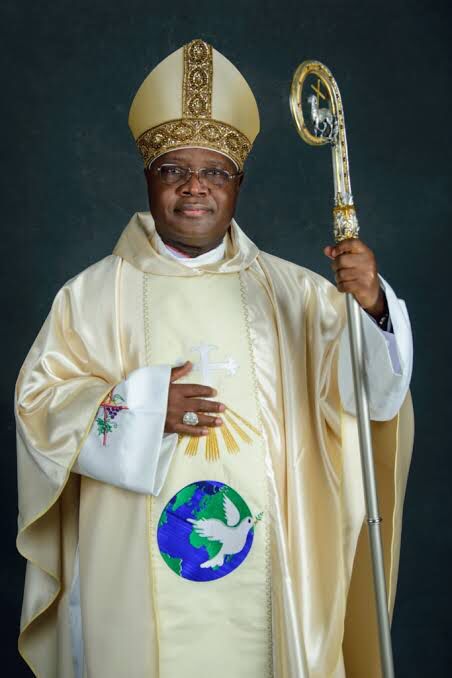The Degree in Labor Relations and Human Resources celebrates ten years in Palencia. A decade in which this new degree that began timidly on the La Yutera Campus has established itself as one of the courses with the highest rate of … employability, close to 80%. Good employment data that encourages forty new students to enroll in it every year.
On the occasion of this date, a day on career opportunities for this degree was held, featuring some of the students from the first class, who presented and shared their careers with current students in order to resolve their doubts or queries.
This anniversary coincides with the recent creation of the Faculty of Commerce and Labor Relations after the elimination of the Faculty of Commerce on the Valladolid campus and Labor Sciences on the Palencia campus. This decision has not implied the extinction of any of the degrees, which are currently taught and, in addition, has incorporated the double degree in Commerce and in Human Resources and Labor Relations.
The main objective of this union has been to achieve an improvement in academic organization, a strengthening of the training offer, an optimization of the use of infrastructure and an organization of human resources. In fact, this degree is only taught at the University of Valladolid, with the Valladolid and Palencia campuses being the only ones to host it.
Ana Ortega, who has been vice dean of University Extension and Communication at the Faculty of Labor Sciences at the University of Valladolid, explains that this is a “very versatile” degree and that it also “allows you to go outside of what labor relations and human resources since in all areas you have to manage people.
In this same sense, José Antonio Orejas, dean of this faculty for more than 16 years, points out that it is a degree in demand in the job market because it is easy to find a job. “Many times the demand for this degree is not transferred to the student market,” he adds.
He also states that one of the weak points of this degree is the lack of graduates who dedicate themselves to entrepreneurship since, despite what has been done in the classrooms, only 2.7% of students have dedicated themselves to it. “We have planted a lot in this regard, but we have never reaped the harvest,” admits José Antonio Orejas.
A day in which many work and personal experiences were shared and a large number of testimonies that contributed everything they have learned during these ten years of work experience after leaving the classrooms. This is the case of Soledad Fernández, current professor of Commercial Law at the faculty after having completed her doctorate to be able to teach.
Fernández opted for a university career, leaving her job at Siro, where she entered as a third-year intern, to apply for one of the contracts. Finally, she got one at the University of Valladolid where she has been able to work as a predoctoral professor. Currently, she is already a doctor and now she can apply for a position that she hopes to obtain on this campus.
Héctor González has had a very different experience, who works as commercial director in a company in Cuéllar (Segovia) in which there are more than 170 workers. «Human resources are essential, but so are sales. I am lucky because I have always liked to sell and my career has always been directed towards the commercial department,” he acknowledges.
On the occasion of the ten years of the degree, a day on professional opportunities was held on campus
González assures that one of the characteristics why he chose this career is its transversality. «The most important thing is the people and I noticed that within the race there were five or six types of rights, statistical or psychological. I am lucky to work in what I like and this is one of the few careers that has this transversal facet,” he says.
In this sense, he recommends to young people that the most important thing is “to be involved in what you do, whatever it may be. It is the only way to succeed and not be one more.
David Fernández started at the Intras Foundation, where he has been integrating people with serious and prolonged mental illness into the labor system for more than ten years. «We do what other companies do not do or do not want to do. I have the same problem that my colleagues have finding staff. Every day we do something new,” he says. Fernández remembers that he entered as an intern thanks to a scholarship from Banco de Santander and encouraged by the dean, José Antonio Orejas, who pushed him to choose this opportunity over others. A decision that he does not regret and that has allowed him to grow professionally in the same organization over the last ten years.
Elena Santander, another former student, shares from Vitoria, where she works, her professional experience, which has led her to be a consultant in a technology company in the Basque capital. She never thought that this would be her job since she has a very important digital component, but it is allowing her to learn and grow professionally.
«It has allowed me to know the reality of many companies since we work on projects. Apart from the career training, I have also had to train technologically in programming and databases. It’s different but also very interesting. Our positions are generally filled by an IT profile,” he says.
Satisfaction with the double degree between Commerce of Valladolid and the La Yutera campus
«The merger, which materialized in December, has been a very long process. We felt that. I think we started the double degree before the merger and we have a double degree of which we feel tremendously proud because the cost is really zero. It cost the University of Valladolid nothing. It has forty places, they are filled and there are people who are left out,” highlights the dean of Labor Sciences, José Antonio Orejas, in relation to the double degree in Commerce and in Human Resources and Labor Relations.
«It combines two aspects, marketing and human resources, both very important aspects in the company. This first promotion has a very high level. I believe that this high level, together with the leadership and lively spirit that these young people have, can energize the territory. And, furthermore, I believe that both Commerce and we have the same vision of what the University has to do in relation to the territory where it is located. Therefore, we are very proud of the double degree, which is the most important thing about the merger », he adds.
«The double degree is taught for three years in Valladolid and two in Palencia. The essential thing is that, by uniting two centers that share the same philosophy, new synergies can be created and, of course, attract talent. I have three very clear ideas at the University. One is internationalization. Commerce and we are the ones with the most Erasmus agreements of the entire University of Valladolid and, possibly, of Castilla y León. Internationalizing means that a student goes through a once-in-a-lifetime experience that is highly valued today when selecting a person for a job,” says José Antonio Orejas, who also alludes to virtualization.
«I have said it many years ago, the University of Valladolid is still very reluctant to the virtual sphere. Therefore, we are very late in relation to virtualization. And then there is an aspect that has to do with sustainability. And sustainable means that the University can return to some extent everything it receives, which is a very important effort by those who populate this territory that is, by the way, very sparsely populated,” he concludes.


lxob8v